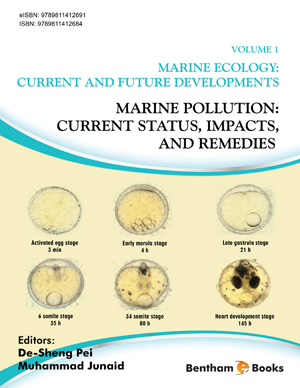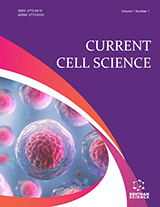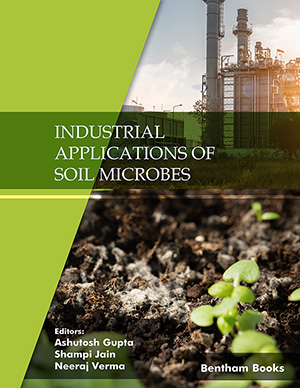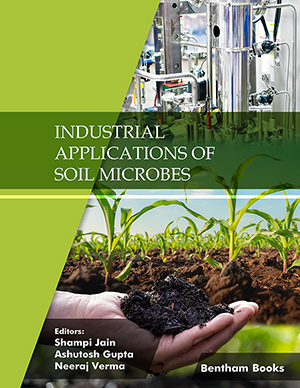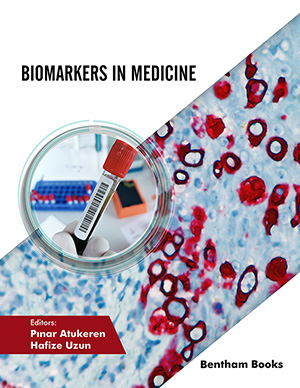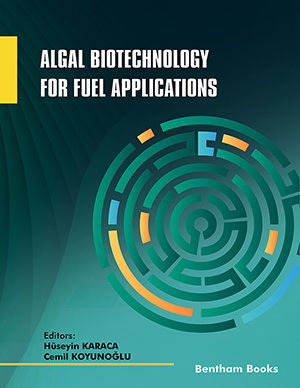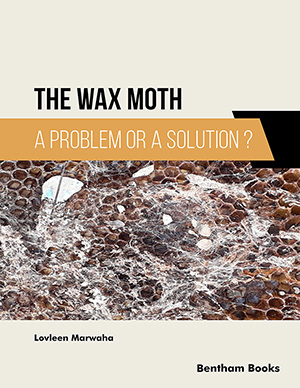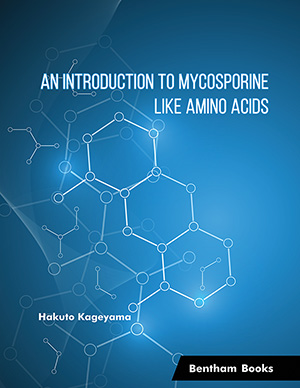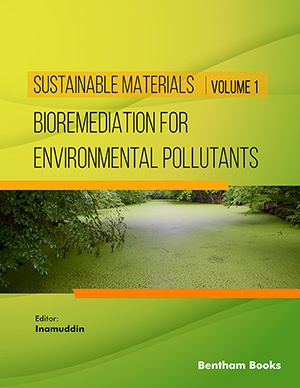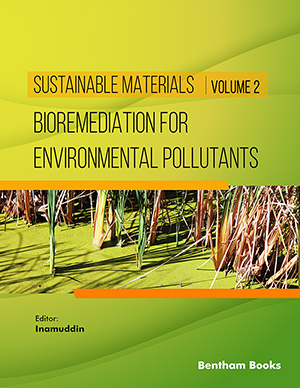Abstract
Marine medaka (Oryzias melastigma) has been recognized as an ideal marine model fish widely used in the estuary and marine toxicological studies because of multiple favorable attributes, such as small size, short generation cycle, transparent embryos, sexual dimorphism, ease of maintenance, and wide range of salinity and temperature adaptations. Many studies have been conducted on both wild-type and transgenic fish O. melastigma model to evaluate the adverse effects by selecting specific biomarkers of the estuary and marine environmental pollutants. This review provides a recent research progress of the physiological effects and responsive biomarker of O. melastigma caused by various marine pollutants, including heavy metals, endocrine disruptors, and organic pollutants. Of note, this chapter summarizes the progress on whole-genome sequencing of O. melastigma, and promotes novel insights into the use of O. melastigma in future toxicity screening studies, targeting genetic biomarkers that highly activated by marine chemical pollutants using cuttingedge gene editing technique and bioinformatics system.
Keywords: Endocrine Disrupting Cmpounds (EDCs), Environmental Xenobiotics, Heavy Metals, Organic Pollutants, Transgenic Fish, Toxicology.


